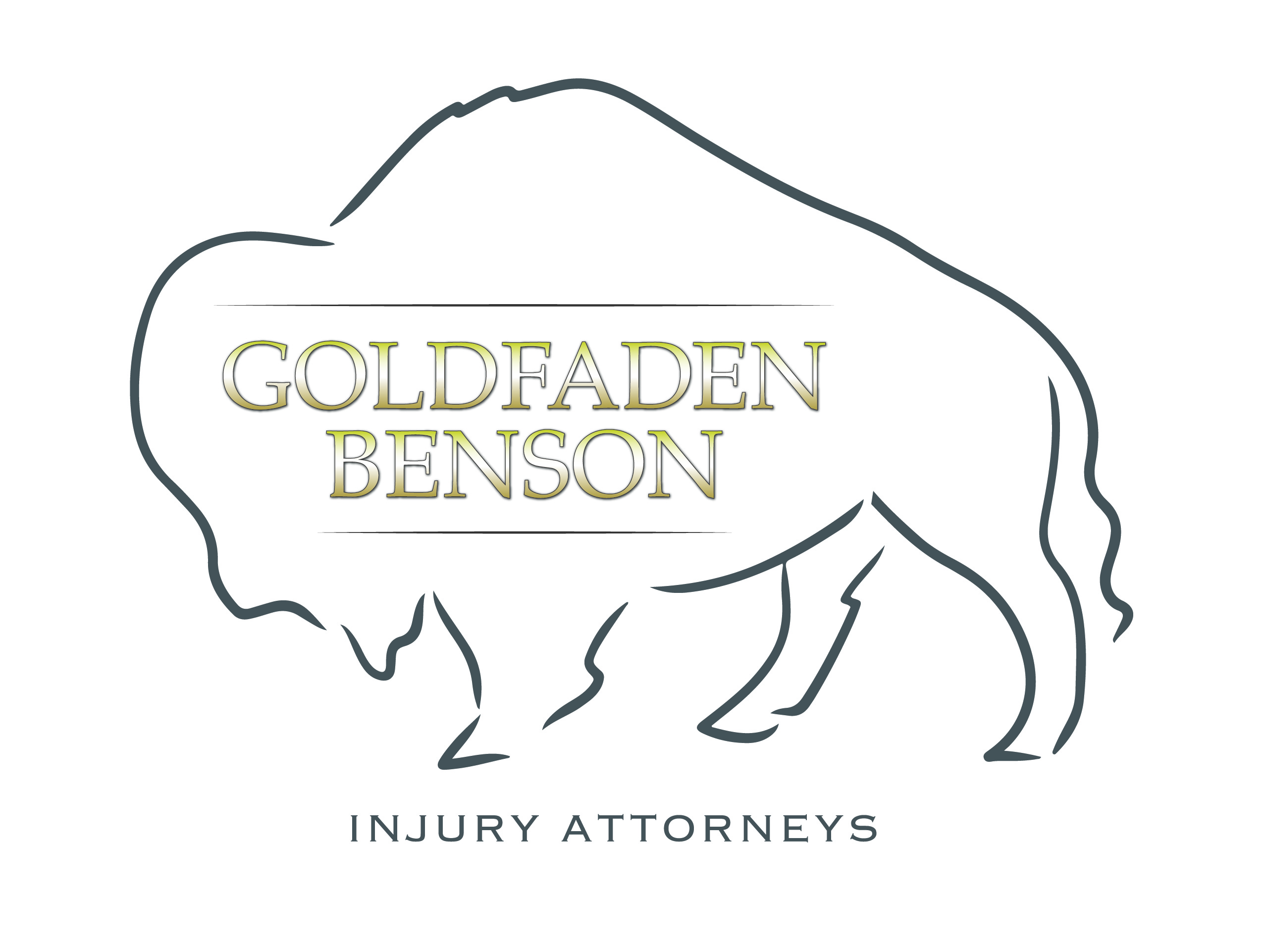How to Build a Strong Dog Bite Personal Injury Case: 5 Steps
When a dog bites, it’s more than just a painful experience—it can lead to significant medical expenses, emotional distress, and a complex legal battle. In Southern California, dog bite injuries are not uncommon, and knowing how to build a strong Dog Bite Personal Injury Case is crucial. If you or a loved one has been bitten by a dog, this guide will walk you through five essential steps to strengthen your case.
Step 1: Seek Immediate Medical Attention
The first and most immediate step is to seek medical care. Not only does this prioritize your health, but it also creates a crucial medical record that will be essential in proving your injuries. Medical documentation will include details about the extent of the wounds, treatments received, and the long-term prognosis. These records serve as vital evidence that quantifies your injuries and supports your claim.
If you’re in San Diego, you might visit facilities like Scripps Mercy Hospital or UC San Diego Health for your treatment. Ensure that you follow through with all recommended medical procedures and keep all medical bills and records.
Step 2: Report the Incident
Once you’ve received medical attention, the next step is to report the dog bite to local authorities. In California, local animal control or the local police department handles these reports. Filing an official report helps to document the incident and can prevent future attacks by the same dog.
For residents in San Diego, you can reach out to the San Diego County Department of Animal Services to report the incident. The official report becomes part of the public record and is a critical piece in building your case.
Step 3: Gather Evidence
Evidence is the cornerstone of any successful Dog Bite Personal Injury Case. Here’s what you should collect:
Photographs
Take clear photographs of your injuries, the location of the incident, and the dog in question if possible. These images can visually support your claims and illustrate the severity of the attack.
Witness Statements
Compile contact information and statements from any witnesses who saw the incident. Witnesses can provide third-party perspectives that strengthen your case.
Incident Report
Obtain a copy of the incident report filed with animal control or the police. This document can serve as another piece of objective evidence.
Owner Information
Get the dog owner’s contact information and any details about the dog's vaccination history. This can be crucial if the dog's vaccinations are not up-to-date, as it impacts your medical treatment and legal claim.
Step 4: Understand California's Dog Bite Laws
In California, dog owners are strictly liable for dog bites, meaning you don’t have to prove that the owner was negligent to get compensation. However, understanding the nuances of these laws is essential.
California’s strict liability law applies as long as:
- The incident occurred in a public place or lawfully on private property.
- The victim did not provoke the dog.
Knowing these legal parameters helps to set realistic expectations for your case. For more in-depth information, you might consider consulting a dog bite lawyer who can explain California's dog bite laws in the context of your specific situation.
Step 5: Consult a Personal Injury Lawyer
Having a seasoned attorney on your side can make all the difference in the outcome of your case. A knowledgeable personal injury lawyer will help you navigate the complexities of your claim, negotiate with insurance companies, and represent you in court if necessary.
For those in San Diego, contacting a law firm like Goldfaden Benson is a prudent choice. We have extensive experience in personal injury cases, including dog bites, and we can provide tailored legal advice for your situation. To discuss your case with an attorney, you can visit our Contact Us page.
Conclusion
Building a strong Dog Bite Personal Injury Case involves immediate medical care, meticulous documentation, comprehensive understanding of relevant laws, and expert legal guidance. These five steps can significantly bolster your case and enhance your chances for a favorable outcome. If you require further assistance, don’t hesitate to reach out to Goldfaden Benson for professional advice and support.
FAQs
1. What should I do if the dog’s owner doesn't have the dog’s vaccination records?
If you can’t obtain the dog’s vaccination records, inform your healthcare provider immediately. They may suggest rabies treatment as a precaution. Additionally, notify animal control so they can investigate.
2. Can I still file a claim if the dog bite happened on private property?
Yes, you can file a claim if you were lawfully on the private property when the bite occurred. California’s strict liability laws apply in these situations.
3. How long do I have to file a dog bite injury claim in California?
In California, the statute of limitations for personal injury cases, including dog bites, is two years from the date of the incident. It’s crucial to act within this timeframe to preserve your right to compensation.
4. What compensation can I receive from a dog bite injury case?
Compensation can cover medical expenses, lost wages, pain and suffering, and other related costs. The exact amount depends on various factors, including the severity of your injuries and the impact on your life.
5. Where can I get more information about my legal rights regarding dog bites?
For more detailed information about your legal rights and options, visit the Goldfaden Benson Dog Bite page or consult a qualified attorney.
Building a strong Dog Bite Personal Injury Case in San Diego necessitates prompt action and thorough documentation. By following these steps and seeking professional guidance, you are well on your way to obtaining the justice and compensation you deserve.







